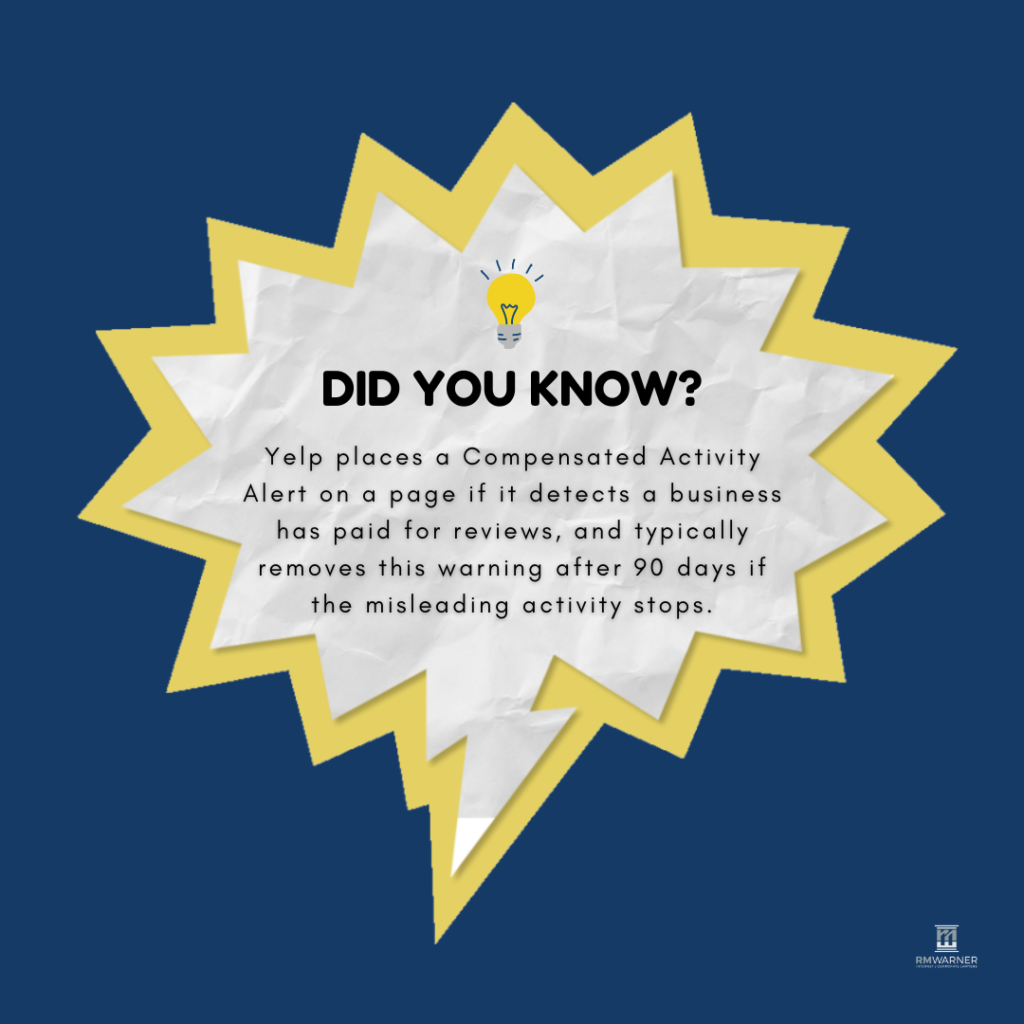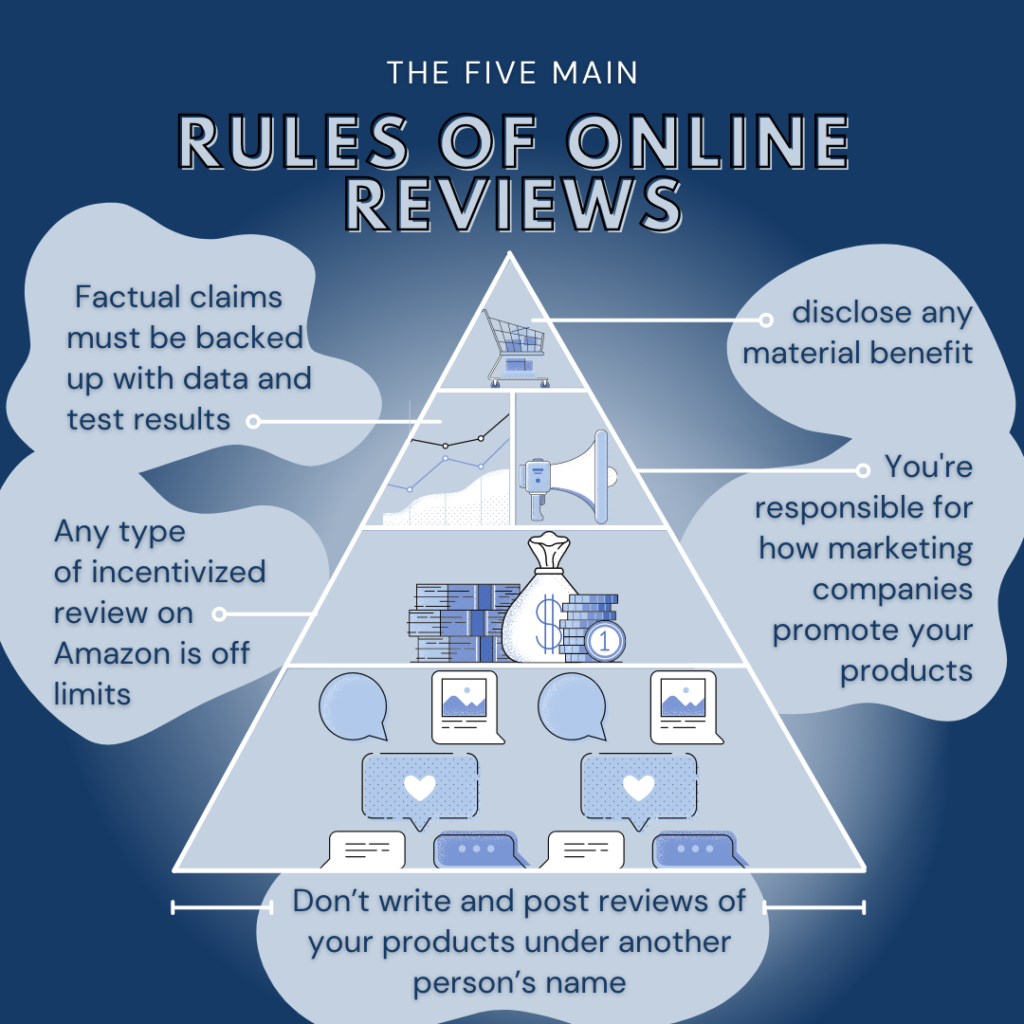In the age of the Internet, online reviews are one of the most important – if not the most important- factors when gaining new customers and retaining the old. Not only do reviews affect online businesses, but brick-and-mortar businesses as well, thanks to websites like RipOff Report, Yelp and TripAdvisor. That being said, an easy way for a competitor to sabotage another business is to create and post fake reviews that would ruin the reputation of its competitors. Fake reviews on Amazon and fake reviews on Google, for example, are things that happen everyday. On the other hand, businesses who aren’t doing as well or who are scamming customers can also create fake reviews to boost their online reputation and search ranking.
[SEE: Save The Sellers: Exploring The Amazon Of The FBA Business]These tactics can leave customers unsure of what businesses to trust and business owners at a loss financially. So, how can customers and business owners identify the characteristics of a fake review in order to weed out scammers and unfair competition?
Who Writes Fake Reviews?
First let’s go over who it is writing fake reviews online so one can better understand the motive and how to identify them.
- Customers getting a kickback
- Competitors
- Professional PR people/ Marketing Teams
- Content Writers
Characteristics of a Fake Review:
No Previous Reviews
If the reviewer has no other previous reviews, it’s a red flag. This could mean that he or she is only posting the review to either boost their own product/business or to sabotage the competition. People with more than one review for different companies are more likely to be reviewing to help other customers. However, it’s more obvious that someone with one review might have an ulterior motive for choosing to write that review in particular, unless it is their first time posting one. You might be able to check to see if they are new to reviewing by looking for the date their profile was created, but that still might not be enough proof.
Short or Vague Reviews
Reviews that lack reliable detail is another red flag. Say you’re looking at a review for a pair of sandals on Amazon. You see one with five-stars that says, “very comfortable” with no other details. Habitual reviewers love to explain why their new shoe is comfortable. Was it the sole? Was it made with lightweight material? Was it easy to walk in over a long period of time? Did they need to be broken in? Reviews that lack key details explaining their experience with the shoes, why they bought the shoes or who they bought them for and why they rate them five stars is one way to identify a fake review.
Overly Passionate Reviews
On the other hand, reviews that contain too much passion have the potential to be fake. Look and see if the review contains more verbs than nouns. Fake negative reviews intending to ruin the reputation of the competition use terms like “total fraud” and “Don’t buy from this seller! They will scam you!” Overuse of exclamation points also could be a tell for reviewers intending to portray their anger towards a product- “portray” being the key word.
Self-Referential Reviews
A study conducted by Cornell University concluded that paid or phony reviewers often use the words “I” and “We” more than real reviewers. This may be because they are compensating for not actually being sincere, so they talk about themselves more.
Reviews Containing a Superior Alternative
This one might be the biggest red flag of them all. Reviews that attack a product by calling it “a scam” or “a waste of money” and then provide a similar product that the reviewer claims to be a much better option is likely paid or fake, especially if they provide a link to the competing product too. Nice try.

How Do These Reviewers Get Away With Posting Fake Reviews?
Are fake reviews illegal? Technically yes, they are. The Federal Trade Commission has a zero tolerance policy when it comes to fake reviews, citing it as one of the clearest examples of unfair business practices, specifically falling under the category of “unfair and deceptive marketing”. This is particularly true for reviews that are paid for and not disclosed to the customer. There’s also the issue of review being false and defamatory. For example, a disgruntled friend or business partner, simply leaving a defamatory product or service review, pretending to be a customer.
Attorney Raees Mohamed gives us a few words of caution:
“False and defamatory reviews are on the rise, particularly for professionals like dentists, doctors, and lawyers. I have seen a significant rise in the number of complaints I receive regarding false and defamatory reviews being posted on a doctor’s Facebook page or Yelp page, simply because of a political viewpoint, or simply because the patient didn’t like the experience but has no real issue to complain about. For example, a patient may write a review that states that they were scammed out of their money by a dentist, or that a doctor committed malpractice, when the real issue is that a procedure simply took more time to heal than what the patient expected. Reviewers should be very cautious of writing a review that is false and fabricated. There could be significant liability exposure for writing a defamatory review.”
.
How to Remove Fake Reviews and How to Report Unfair Business Practices
Thanks to the speed and vastness of the Internet, fake reviews online might not get reported. That’s why it’s important for customers and businesses to be aware of the characteristics of a fake so they can identify which reviews they can trust and which to report. RM Warner Law is well-versed in advertising law as well as the Amazon Marketplace laws and regulations. We know how to get a court order that forces Amazon, Yelp, or any other website to remove defamatory or fake reviews. Get in touch today.






Leave a Reply
Your email is safe with us.